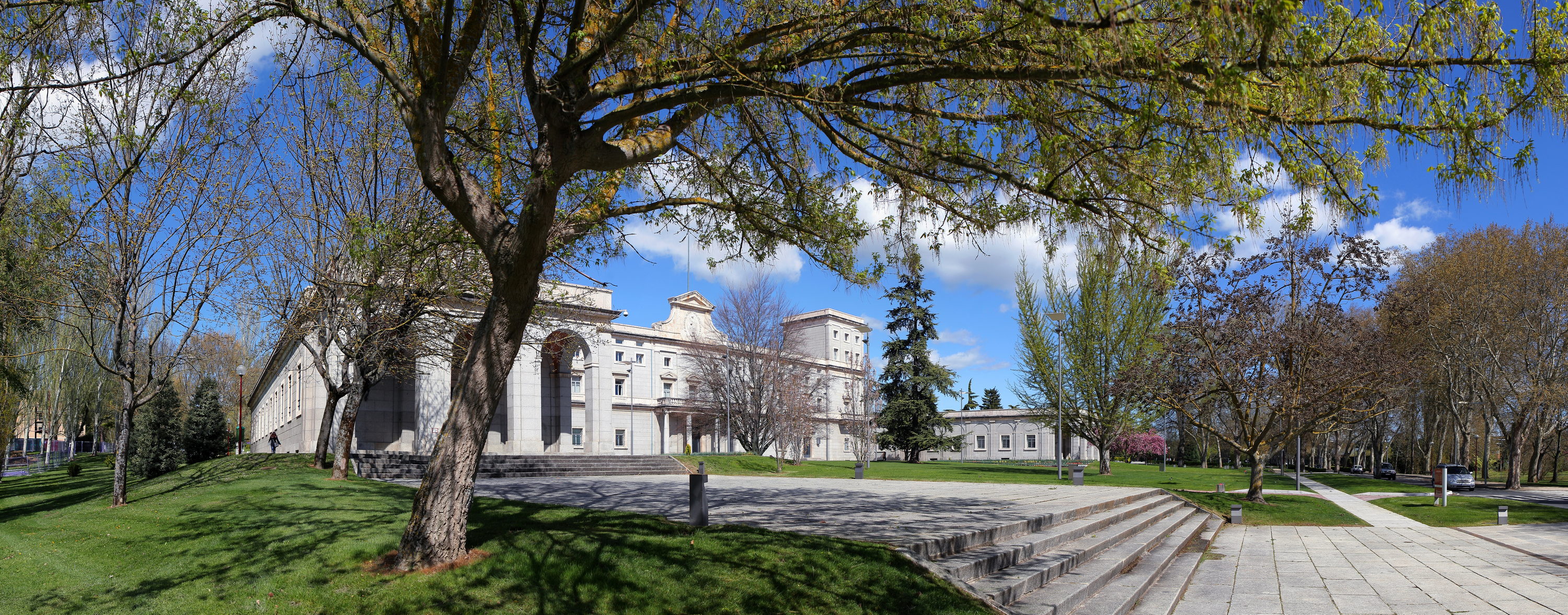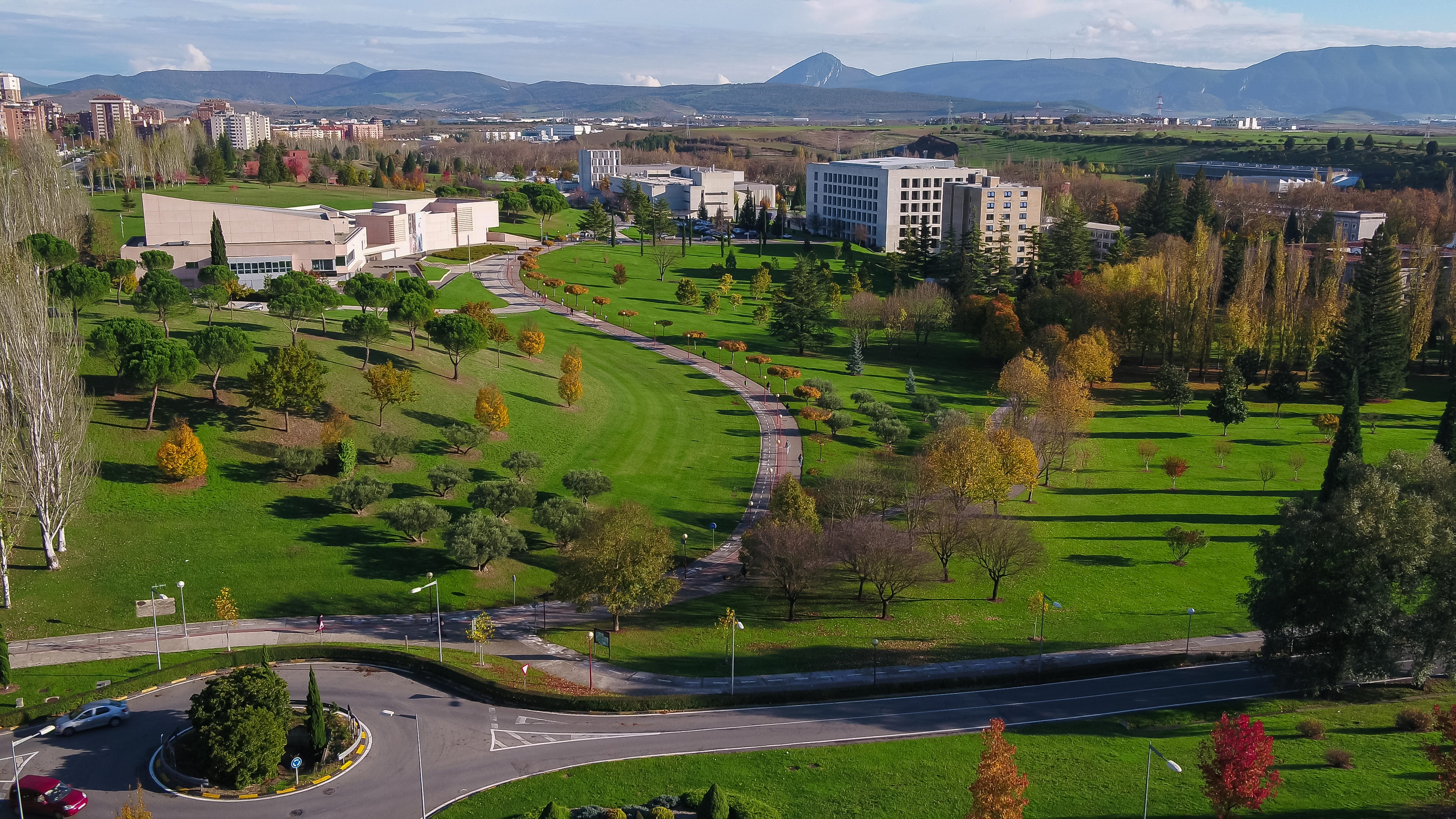

Una educación transformadora en el siglo XXI
Universidad de Navarra, Pamplona, 21-23 de mayo de 2024

Presentación
Es corriente utilizar en la actualidad el adjetivo transformativo o transformador para referirse a actividades educativas. Por ejemplo, encontramos expresiones como: aprendizaje transformativo, experiencia transformativa, liderazgo educativo transformador, aula transformadora y pedagogía transformativa. También es frecuente encontrar mensajes como que una adecuada educación tiene que ser transformadora, de individuos, grupos humanos, climas, sociedades. Así se enfoca, la educación para la justicia, la educación para el desarrollo sostenible, la educación para la ciudadanía, la educación para el florecimiento.
Al tiempo que se extiende esta perspectiva en la educación, han surgido un conjunto copioso de estudios sobre la educación transformativa, investigaciones teóricas y aplicadas, emergiendo de ellas un discurso pedagógico que es interesante abordar y que gira en torno a algunas cuestiones tales como: ¿Es la educación transformadora un nuevo enfoque de la educación? ¿Es más eficiente la pedagogía transformativa? ¿Es ética una educación transformadora que cambie identidades?
Yacek (2017, 2020, 2021), autor que ha realizado un estudio extenso sobre la educación transformativa, argumenta el interés del tema, al contemplar que la designación de acción transformativa, se ha convertido en una retórica de numerosos discursos políticos, psicológicos y educativos. Con ironía comenta que tiene la impresión de que el famoso oráculo de Delfos, conócete a ti mismo, se ha sustituido por el de transfórmate a ti mismo. Al mismo tiempo confirma que la idea de la educación transformadora se aplica a muchos campos educativos como son la psicología educativa, la educación para la justicia social, la educación de adultos, la educación escolar, la educación superior.
La nota común de estas extensiones de la educación transformadora es contar con la experiencia para cambiar, para transformarse y capacitarse para promover acciones que promuevan el cambio en personas y contextos -social, cultural y ambiental-. Los cambios son de distinta índole: epistemológicos, de creencias, valores, actitudes, preferencias, etc. Se trata de ver en la experiencia, el medio o la oportunidad educativos, para que una persona cambie en algo y se decida a actuar de un modo diferente, que le ayude a mejorar. Se transforma el educando, pero es el educador quien suscita esas experiencias transformadoras.
Presentation
At present, the use of the adjectives “transformative” or “transforming” is common when referring to educational activities. We can find, for example, expressions such as transformative learning, transformative experience, transforming classroom, transformative educational leadership and transformative pedagogy. It is also common to come across messages stating that an education that is fit for purpose must be game-changing, for individuals, human groupings, environments and societies. This is how education for justice, for sustainable development, for citizenship and for flourishing are envisaged.
With the spread of this perspective in education, numerous studies have appeared on transformative education, theoretical and applied research. Arising from these comes an interesting pedagogical discourse to be addressed by dealing with questions such as the following. Is a transformative education a new approach? Is a transformative education that changes identities ethical?
Yacek (2017, 2020, 2021), an author who has carried out extensive studies on transformative education, defends the significance of the subject, when he considers that the designation of transformative action has become rhetorical in numerous political, psychological and educational addresses. He ironically comments that he gets the impression that the famous words inscribed at the site of the sacred Oracle of Delphi –Know Thyself– have now become Transform Yourself. At the same time, he confirms that the concept of transformative education is applied to many educational fields such as educational psychology, education for social justice, adult, school and higher education.
What these extensions of transformative education have in common is their use of experience for change, with the aim of transforming and preparing oneself to promote actions that bring about change in individuals and contexts –social, cultural and environmental. These changes are of different types: epistemological, of beliefs, values, attitudes, preferences, et cetera. It requires, within the experience, means or educational opportunity, that a person will change themselves somewhat and decide to behave in a different way, which will help them to progress. The pupil is transformed, but it is the teacher who inspires these transformative experiences.
Organiza:

Colabora:


Contacto
sitecite2024@unav.es
Teléfono: 948 42 56 00 ext. 802204